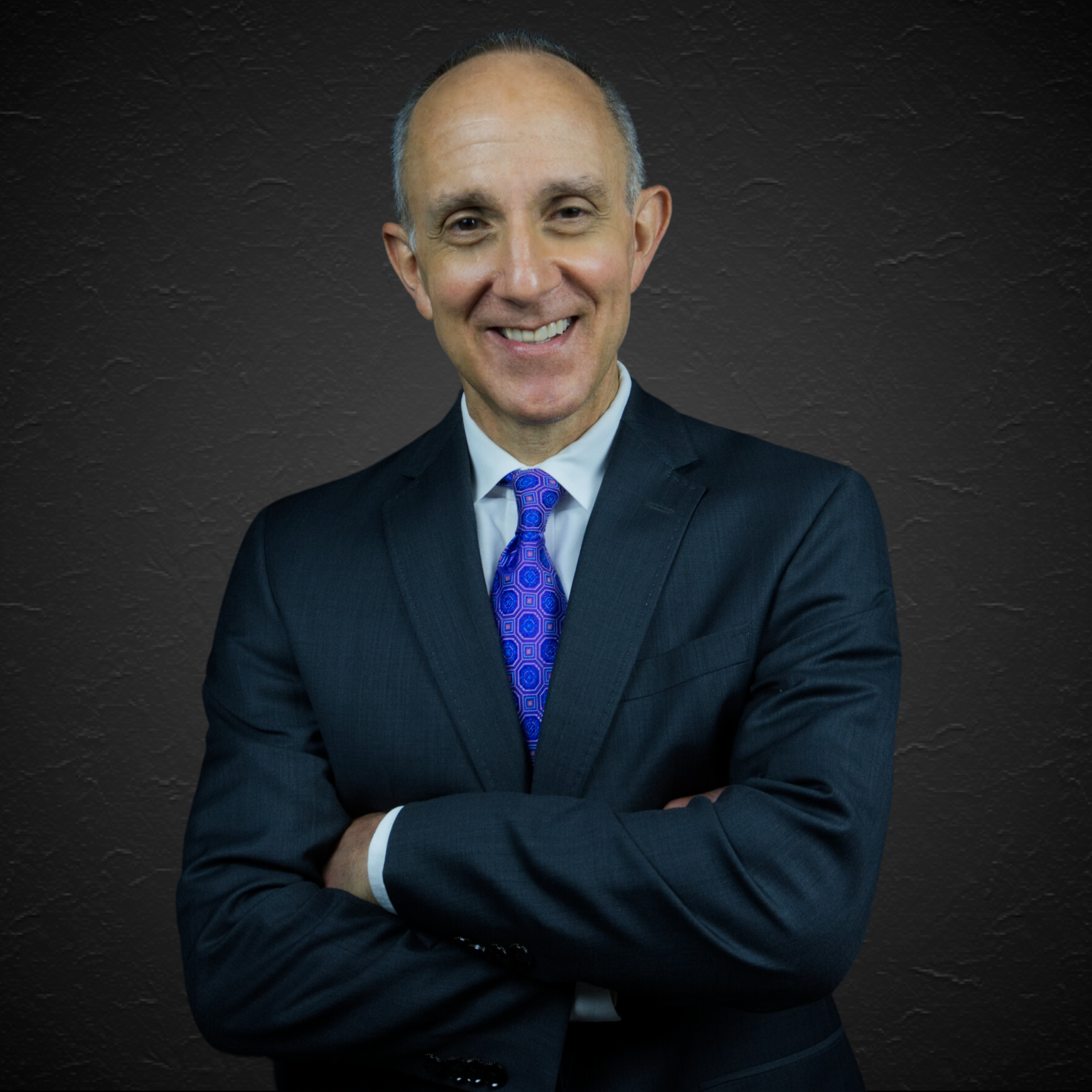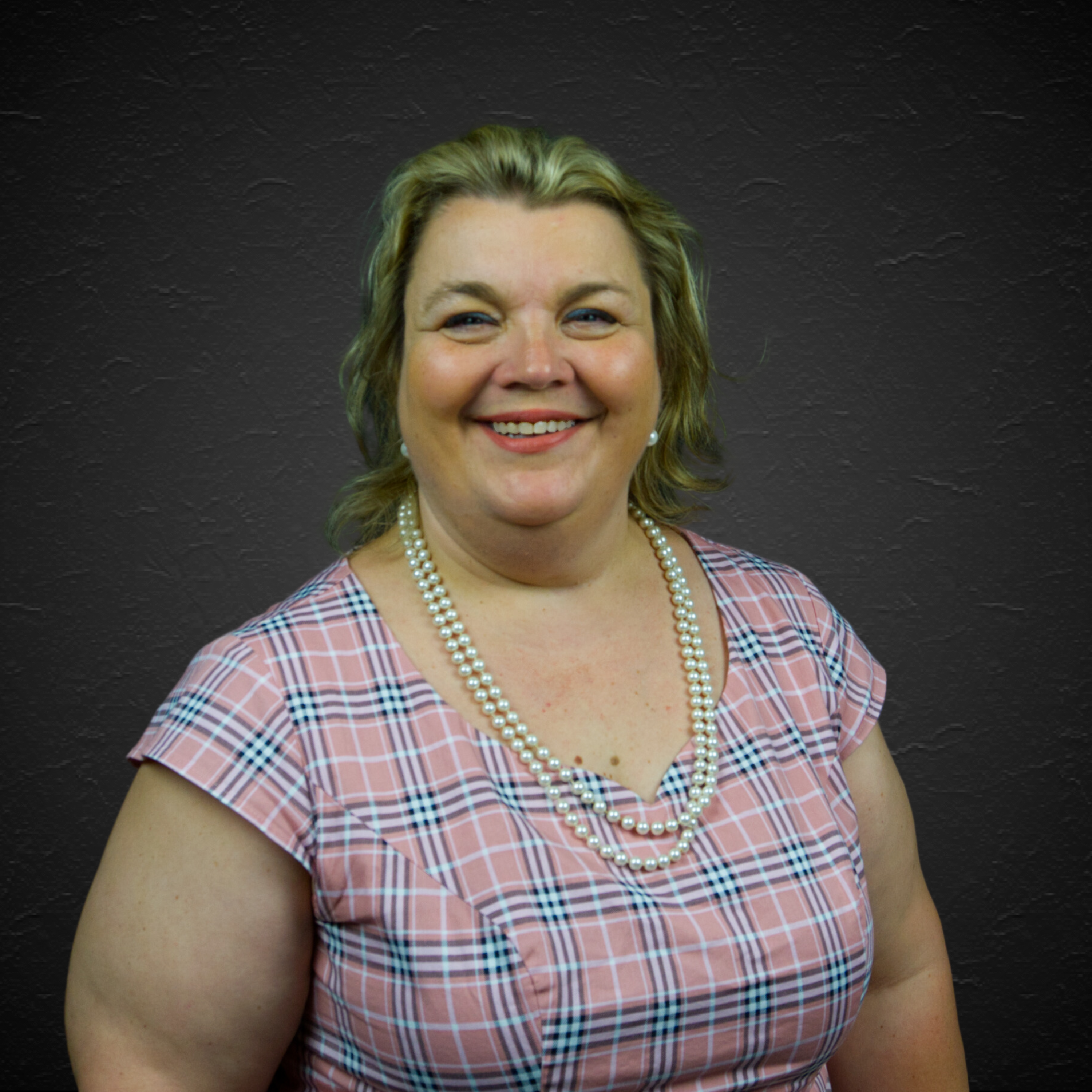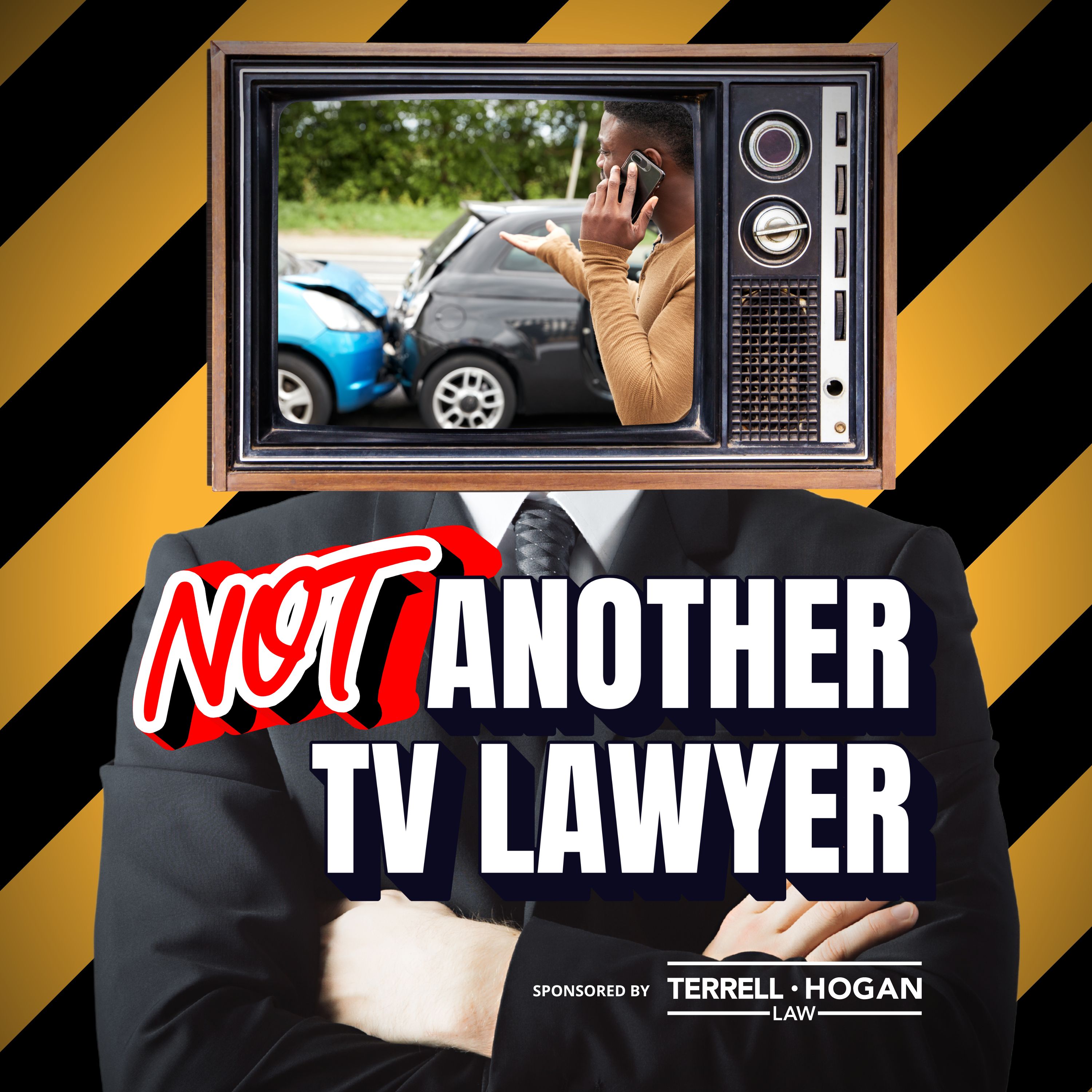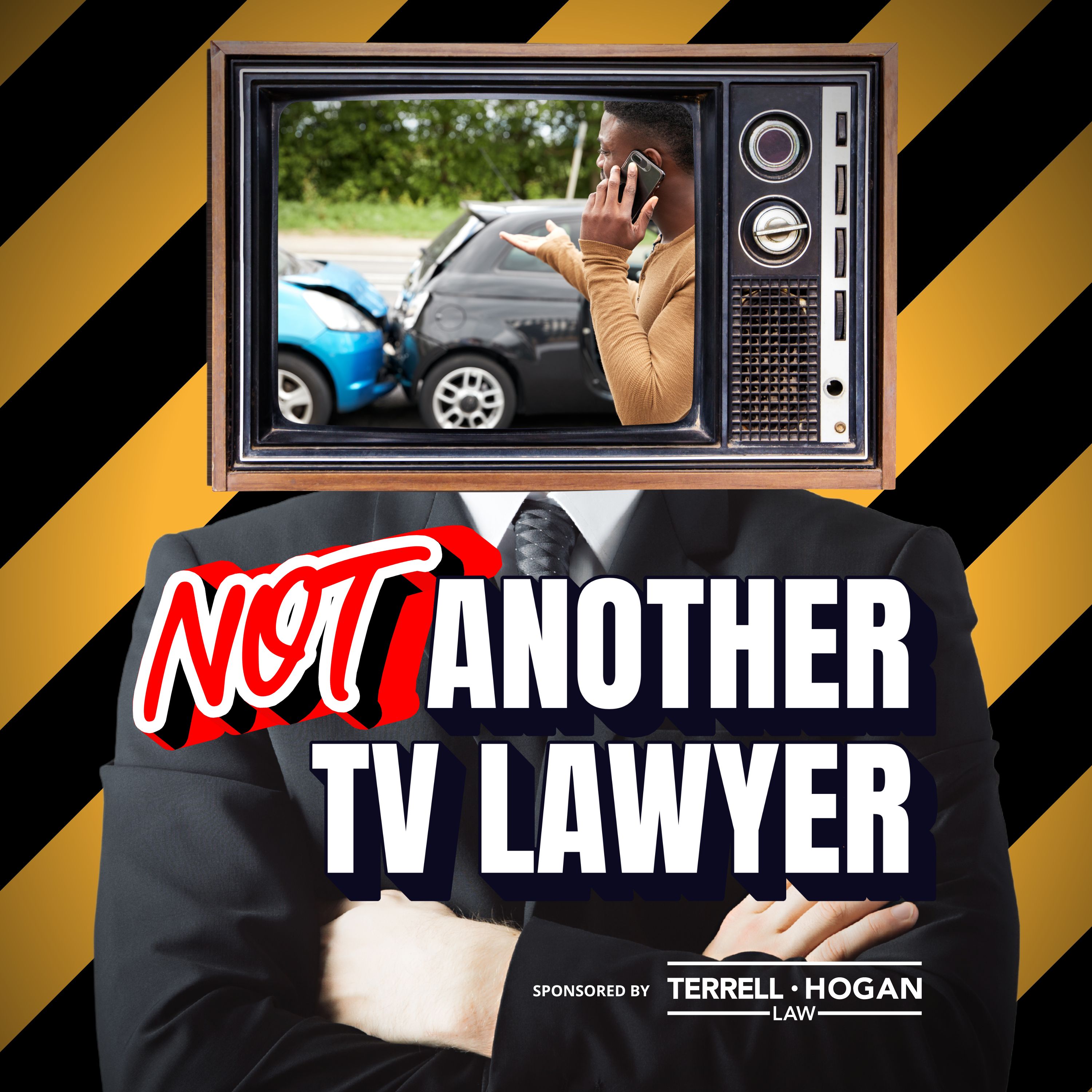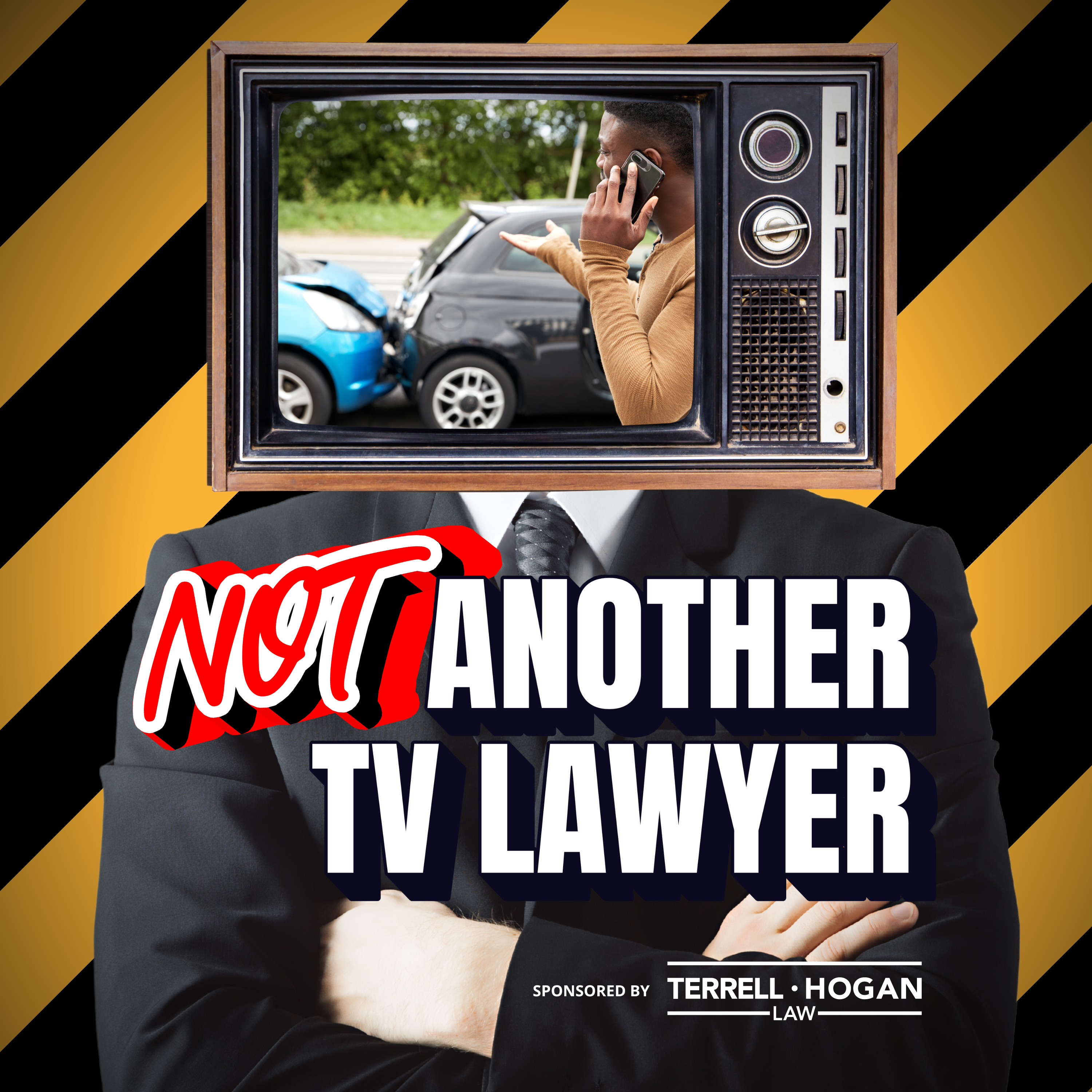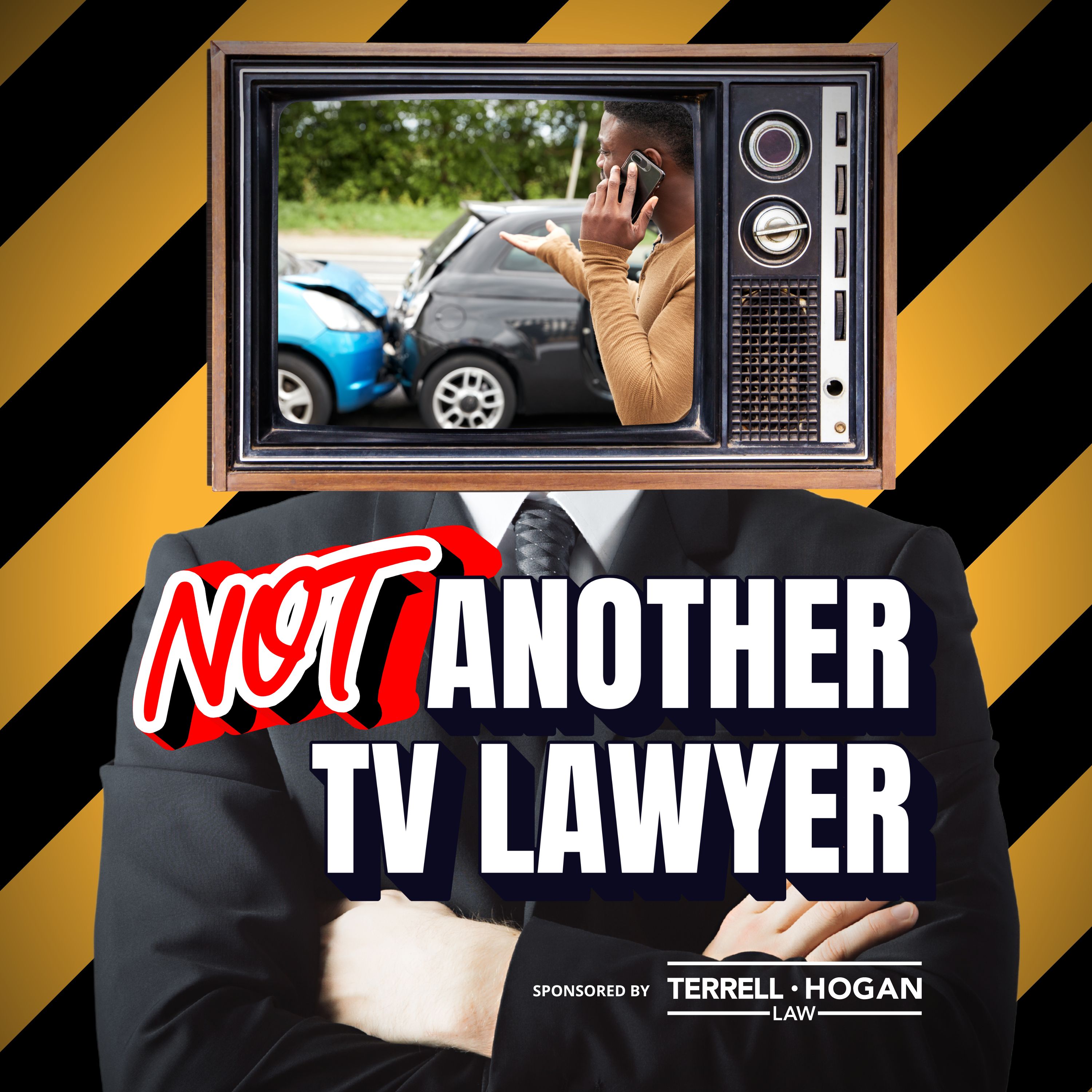Episode Transcript
Welcome to Not Another TV Lawyer. I'm Chris Shakib. I'm Jessica Hall. And this is a podcast sponsored by the law firm Terrell Hogan that's been in Jacksonville for greater than 50 years. And we are very passionate about helping people and personalizing our service to help them get the service they deserve.
Hello, it's Chris Shakib and not another TV lawyer and today our guest is Nate Evans, who, uh, has a different perspective on people who've been in crashes, uh, auto crashes and have been injured. It's a very important part of what an attorney handling cases for people who've been injured in auto crashes, uh, has to consider because.
You know, our goal is to try to get recoveries for our clients. And so we focus on that. Uh, but, but then once you do get the recovery, whether it's by a, a pre suit settlement or a hard fought case that goes to trial, you, you can't just, Leave them to their own devices, uh, depending on their level of experience with money, uh, you know, to say, all right, here it is.
And so, that's what Nate does is, is he helps people who are getting a recovery so they can make smart decisions with their money. Right, and, and, so I, I'll, I'll ask, I'll leave it to him. And Aidan, I appreciate you being here. Thanks for having me. So tell me, what did, what, can you explain what exactly you do? Well, um, we do a, a, a very, particular, specialized subset of financial planning, uh, called settlement planning.
And, uh, and it involves the use of a bunch of different, uh, financial products and resources that are available. designed specifically for injured people. Uh, the one thing that I think is different, , in their situation is that, um, , they've gone through this long process, right? Uh, it's, it's very confusing.
It's time consuming. They're, they're not the expert, they're not in control and, and they've, Sort of got to the point where there's the light at the end of the tunnel and, uh, and they're trying to, identify all of the different things that they're going to need, uh, in the future. And so there's a whole host of different financial products that address those, those things specifically in a, in a tax advantage, uh, or an asset protected way that gives them some stability and some surety, uh, as they transition to life after the
litigation process. Alright. Um, tax advantage. I, I know that's, that's one of the big things, um, when we have a personal injury recovery. Uh, when we're doing our closing statement, and I'm, you know, we're listing out, all right, here, here's the total settlement, here are the attorney's fees, here are your expenses, here's paying back, uh, to, to the extent that it's a, it's involved, uh, health insurance or any outstanding balances with medical providers, and here's what you get, uh, we don't take tax, that's not a taxable thing, we don't have to take any, any tax out of that.
But, uh, so I, I assume you're not talking about the tax like that we would take out of a settlement if, if there was sales tax or some kind of tax. But what tax are you talking about it as far as tax advantages? there's a provision in the IRS tax code, uh, that, is specifically carved out, where, if someone receives damages on account of a personal physical injury, uh, physical sickness or illness, uh, then that those damages are excluded from gross income.
So that means that the IRS, uh, more or less views those as maybe a replacement of human capital and not necessarily income that someone would receive like wages from working or, an award, like a lottery winning, right? I, my understanding is the way that they, the reason they treat it that way is because the, the clients who are getting money, they're not, they're not actually getting ahead.
They're actually being brought back to where they would have been, but for the injury and the crash or whatever it was that led them to be there. So there, it's not extra income. It's really just leveling back to where they should have been. Is that right? Yeah, I think that's a fair way to put it. The other piece of that, too, is that a lot of times because they've been injured or maybe they've lost a loved one, well, now moving forward, they might be placed at a disadvantage or they might have some kind of recurring expense associated with the recovery or the lawsuit, like medical needs, where, you know, Every single dollar from that settlement, uh, really matters a lot and it's important to them.
Right. So you've got, for instance, let's say it's a catastrophic injury where the person, uh, you know, maybe is paralyzed, uh, a paraplegic and they're going to have medical care. And, and so in, in cases like that we'll have a special expert called a life care planner put together a life care plan, which involves, what are all the different expenses, medical expenses and everything from rehab and maybe in home care and all that.
We'll put that together and have a life care plan. And that's part of our presentation. to either jury if we're in trial or to the other side if we're trying to go to negotiate a settlement. Those numbers are built into hopefully what, what the recovery is. And then, you know, you get the recovery for the client and, and then what, how does that work?
Is that where you kind of come in? Yes. Yeah. So, you know, there are certain vehicles like a structured settlement, uh, where someone can choose to receive some of their money in cash. And then some of the money is paid out over a period of time. Um, you know, those are, uh, that's a vehicle that has to be included in the settlement terms.
Right. Cause there's a, there, uh, point of the structure, which is, you know, for it to work, can't actually come into the, the client, the client can't get the money for it to work. Is that right? They can't take constructive receipt of it. An agent acting on their behalf, the lawyer, uh, also cannot take constructive receipt of the funds because then, you know, I think the, the, the IRS sort of views that as someone having control over those funds and being able to, to direct them and, and manage them, uh, even if they, they, you know, May not be able to, uh, so avoiding constructive receipt is a big part of, uh, what we do when we're looking at a structured settlement and, you know, uh, in my experience, that means that you can't think about these kinds of things.
After the settlement, you know, for instance, if you've settled and they've sent you the check, it's too late. You, you've now, you as the attorney now have possession, which means your client has possession and you can't get the benefit of that. And so, Uh, in my experience, you know, these are not the types of things that we, as the attorney representing someone who's injured, should only think about after the settlement.
We have to plan these things well in advance, get, someone like you involved, uh, and start planning with the client, you know, so that they understand what's going on and they're making the decisions because, you know, if you wait It's too long. It's too late. Right. Well, and you sort of hit on something that's really important there.
I think that, uh, you know, when someone has gone through this long process and then all of a sudden in the 11th hour, you, show them something that may be in their best interest that may have a significant benefit to them. Um, but. Perhaps their, mindset is that, oh, I need to take care of X, Y and Z.
I have all of these other things. I, don't want to deal with that. Just give me the cash. You know, then that's it's a timing thing. Um, that, uh, maybe was too late. Uh, so the earlier the better. And, uh, and, and 1. Sort of, thing that I've noticed is that some of the, the top tier law firms and the successful lawyers like yourself and, uh, and other folks at your firm, um, when they're talking to clients about these things early, it's, it's really a difference maker between them and other firms, uh, because if, if you can show someone, okay, Let's, If the insurance company only has policy limits to this amount, uh, there's other tools that we have that might be able to help grow this money for you in a safe way, uh, to give you more money for these things that we expect you're, you're going to need, uh, in the future.
So it's a way to attract, uh, and, and add value to the client, I think when you're having those initial conversations. Right. I mean, I, I've found that here. If we wait to even right before settlement, it's too late, particularly because if you give a client the option of, all right, I'm not going to get all the money at once in a structured settlement, which I'll ask a few more questions about, but, you know, either take the cash up front or have it paid out over time in a way that could potentially be more money.
If you wait to the end, they're always going to say, I want the money. And, and that's just human nature. Um, but if you start talking about that in advance, cause you're, you're trying to get them to realize that this isn't, you know, this is, this settlement sounds like a lot of money. Uh, but it's not income.
You know, it's a, it's, you know, it's a settlement, particularly in a lump sum is a one time thing that is amazing how fast it can go. Um, I've had clients that, you know, they get, and I'll tell you, Talk about a case I had when I was younger before I learned better the, you know, they build up in their mind what the recovery is going to be in there, you know, as
